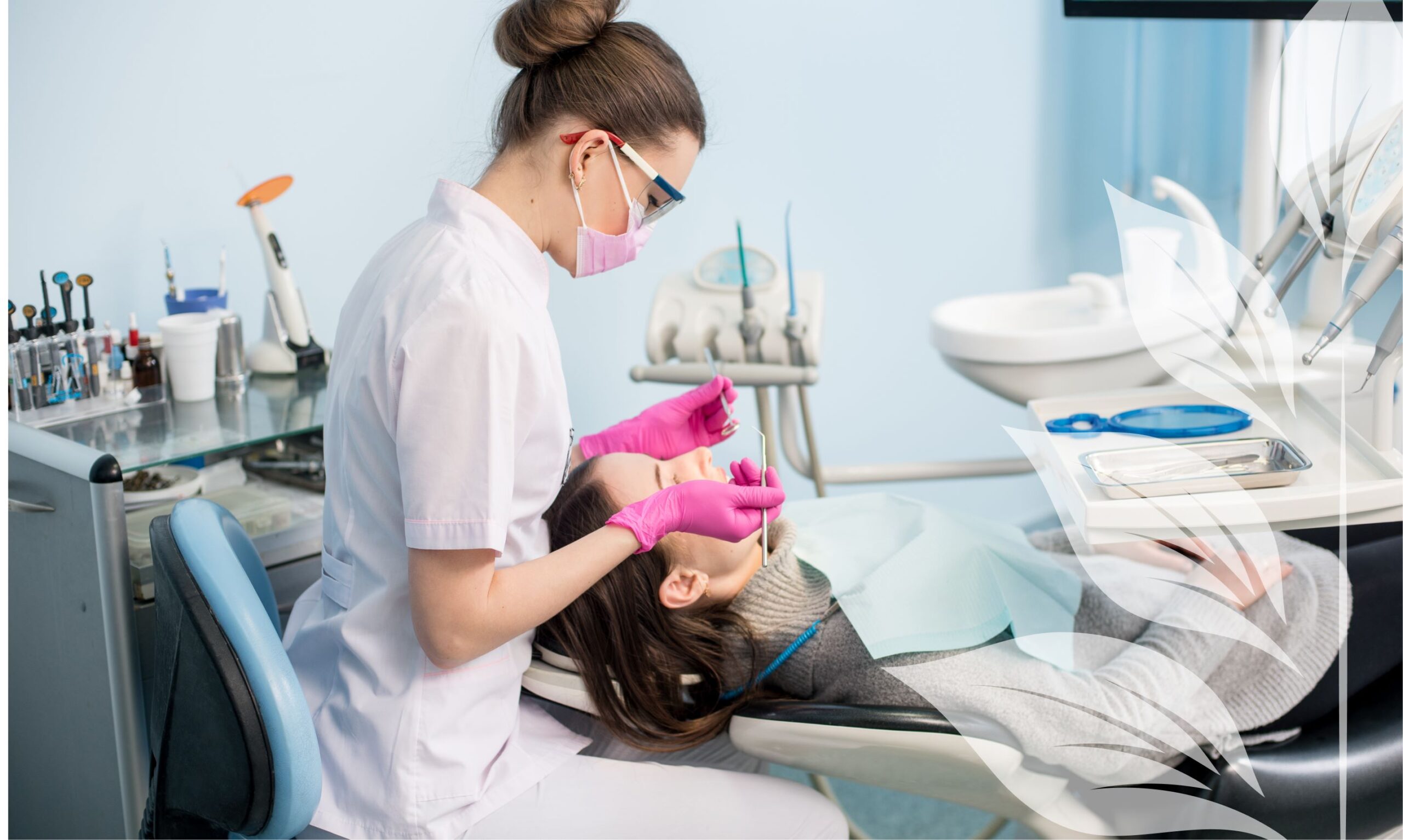Gum health is a vital part of staying healthy.
Your gums are vital to your oral health because they function as a seal against infection, protecting the sensitive and vulnerable tooth roots from bacteria. Through untreated gum disease, bacteria finds its way underneath your gum line and begins attacking the supporting structures of your teeth. Eventually, your teeth begin falling out. This sounds extreme, but it’s surprisingly common; periodontitis, the most severe kind of gum disease, is the leading cause of tooth loss in America.
The risk that periodontal disease poses to your teeth makes it vital for you to take care of your oral health, but it’s far from the only reason the health of your gums is so important. More and more studies are revealing that periodontal disease doesn’t just affect your oral health; your entire body is negatively affected when your gums are unhealthy. The consequences of untreated gum disease can even reduce your lifespan. Here are a few ways periodontal disease affects your overall health.
Periodontal disease opens the door for bacteria to enter your bloodstream.
Your gums are full of blood vessels, so once bacteria make their way underneath your gum line, the door to your bloodstream is practically left hanging open. Scientists have found that oral bacteria, most commonly streptococcus sangguis, commonly makes its way into the bloodstream through routes left open due to untreated gum disease. Once in the bloodstream, the bacteria can wreak havoc on your body.
In most cases, your immune system is able to fight off the bacteria before they cause any serious infections, but people with weakened immune systems are at an increased risk of contracting infections as a direct result of these bacteria. An estimated 3.6% of Americans, or 10 million people, have compromised immune systems—and the number is certainly much greater than that, as the current statistic only includes people with HIV/AIDS, recipients of organ transplants, and cancer patients, leaving out millions of Americans who have diseases or take medications that leave them immunocompromised. These Americans are all vulnerable to infections like endocarditis, which is a dangerous and even life-threatening infection of the heart valve that can be caused by oral bacteria making their way to your heart.
Oral bacteria in your bloodstream is bad even if you’re healthy.
If you’re healthy, it’s likely that your body will fight off the oral bacteria in your bloodstream before it can cause direct harm through infections, but a constant invasion of bacteria from untreated gum disease carries its own problems. When your immune system detects foreign invaders, it reacts with a spike in inflammation where it’s needed, sending an army of white blood cells to the area, causing blood vessels to dilate, and increasing blood flow; this response is vital to your body’s ability to fight infection and heal wounds. A constant invasion of oral bacteria, however, can trigger constant, systemic inflammation throughout your body that can pose many long-term health issues.
Long-term inflammation can have disastrous consequences.
The long-term inflammation caused by untreated periodontal disease can lead to a number of increased health risks, including high blood pressure, high cholesterol, and an increased risk of heart disease, heart attacks, and strokes. The streptococcus sangguis bacteria and the resulting inflammation are believed to cause blood clots, which then block your arteries, potentially triggering a heart attack or stroke. Although more research needs to be done on the subject, one study has even found this oral bacteria in blood clots of stroke patients. Additionally, periodontitis is known to increase your blood sugar, which makes it difficult for people with diabetes to control their blood sugar and increases the likelihood of health complications from uncontrolled diabetes.
Periodontal disease increases health risks, regardless of your age.
These increased risks of heart disease and stroke don’t go away simply because you’re young or healthy. One study, which followed men of various ages over the course of 35 years, found that chronic periodontal disease was linked to an increased likelihood of coronary heart disease—even in younger men. Men under the age of 60 were 112% more likely to develop coronary heart disease if they had more than 20% bone loss in their jaw, and this risk only went up as bone loss—a sign of untreated periodontitis—increased.
Periodontal disease is also tied to many other health risks that can impact you, even if you’re young and healthy. The bacteria from periodontal disease may increase your risks of respiratory disease, pneumonia, and ulcers. Periodontal disease also makes it four to seven times more likely that pregnant women will give birth to premature or low-birthweight babies. These babies can suffer from a long list of health problems in both the short and long term, from underdeveloped lungs and an increased risk of infection as infants to behavioral and chronic diseases well into adulthood.
Good overall health—including oral health—can help you live a longer, healthier life.
All of these findings emphasize the fact that your oral health has a huge impact on your body; no matter how young, active, or healthy you are, you shouldn’t neglect your oral health. Thankfully, periodontal disease is incredibly easy to prevent; in most cases, you can prevent it entirely with a good oral hygiene routine. Dedicate just a few minutes at the beginning and end of each day to caring for your oral health. In addition to brushing your teeth for two minutes twice a day, you should floss and use mouthwash at least once daily. With practice, the entire routine will take you under five minutes each time—a fraction of the time most people dedicate to eating or exercising each day. You should also visit Dr. Allred every six months for an evaluation; this way, he can spot and treat cavities, gum disease, or other issues early.
There are health conditions and medications that may make you more vulnerable to gum disease, so if you’re still struggling with it despite following a good oral hygiene routine, schedule an appointment with Dr. Allred right away. He may be able to recommend a mouthwash designed to help fight gum disease or changes to your diet or dental treatments .
The relationship between your oral health and your overall health is complex, but there’s good news: It goes both ways. Healthy gums can help you improve your overall health by helping you control conditions like diabetes more easily and eliminate one of your risk factors for dangerous conditions like heart disease and strokes. Even better, your oral health is easy to maintain, so spending a few minutes caring for your teeth and gums each day is an easy way to help you live a healthier—and perhaps longer—life.





